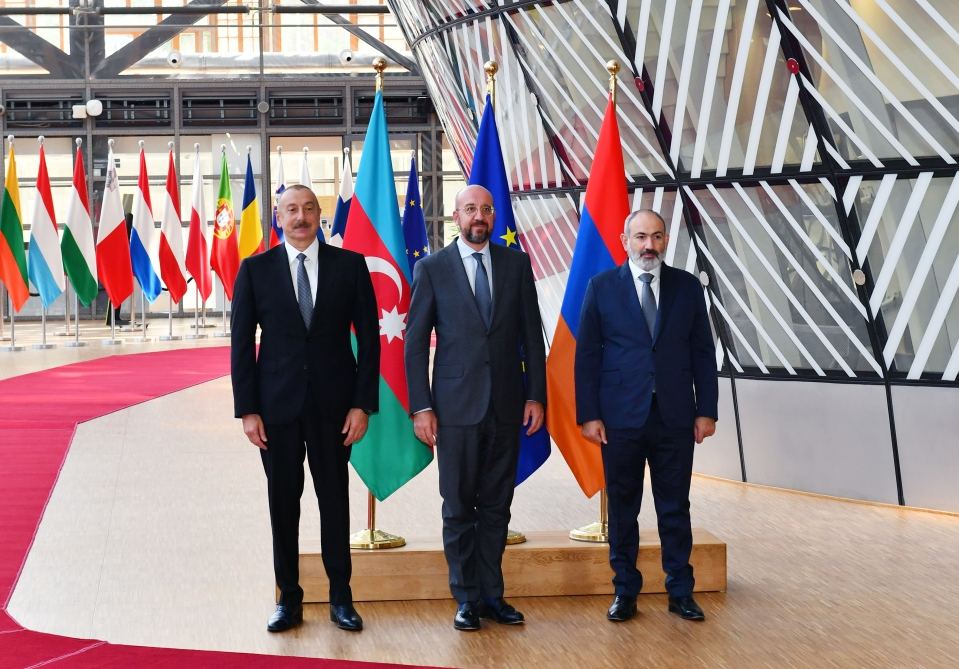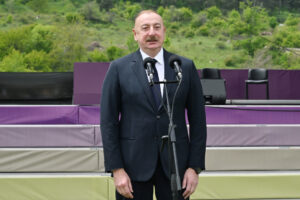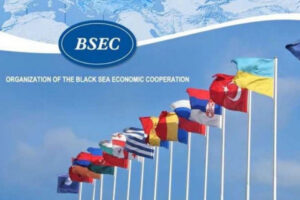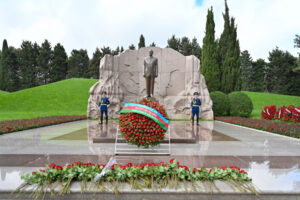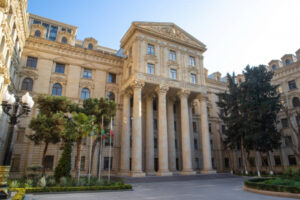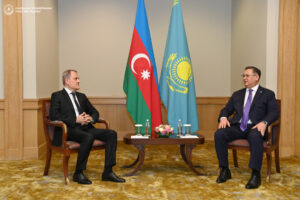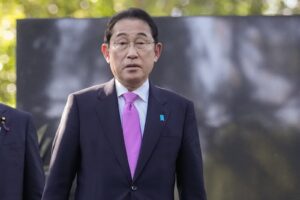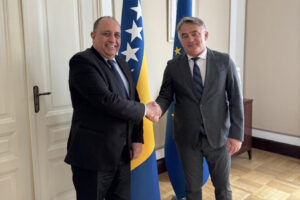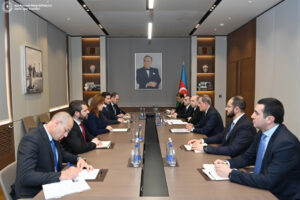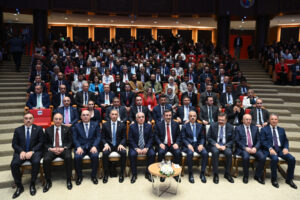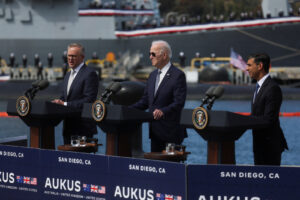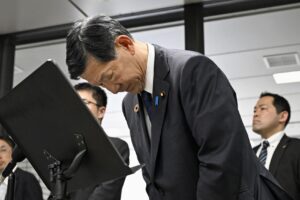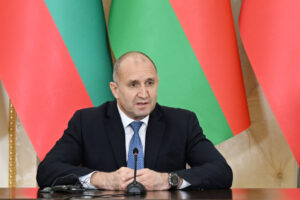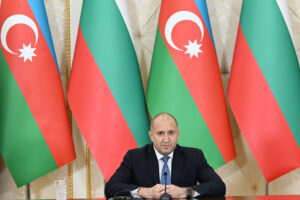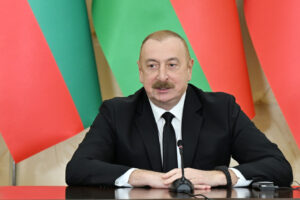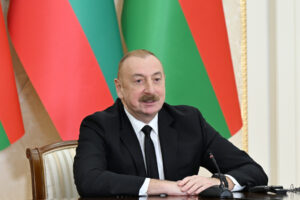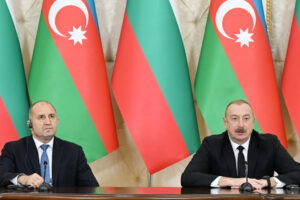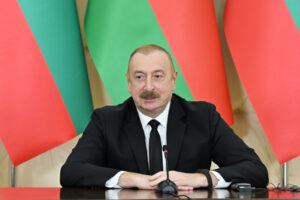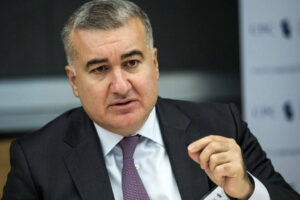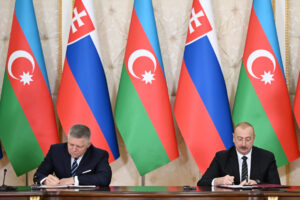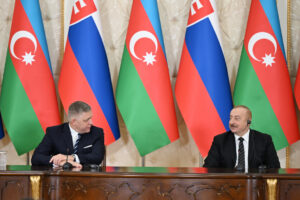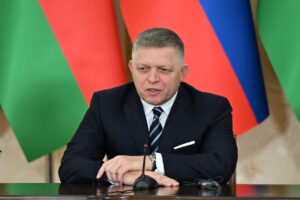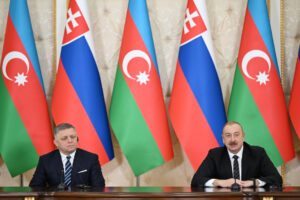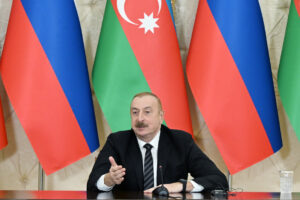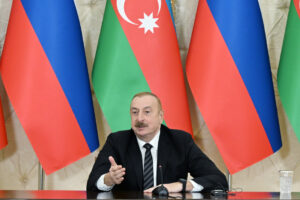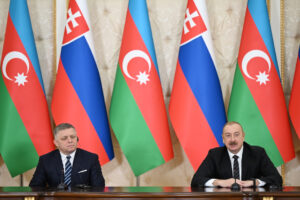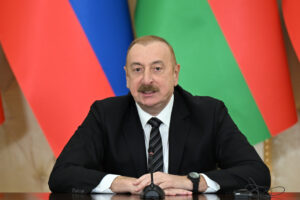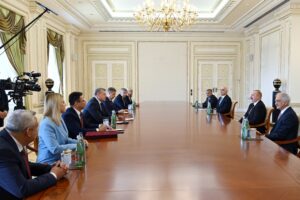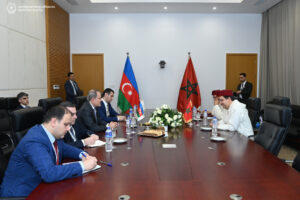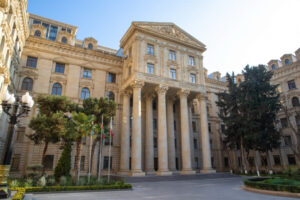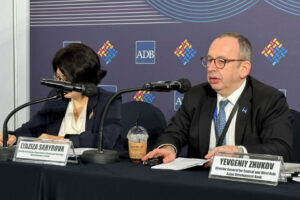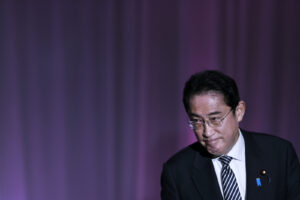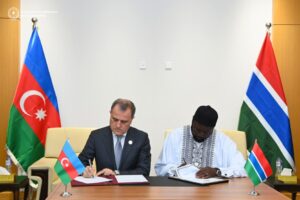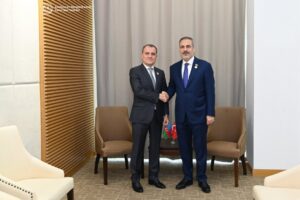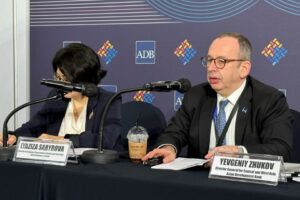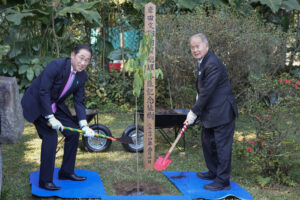Tokyo, 5 September, /AJMEDIA/
WARFARE is a tough business. However, peace-building efforts around the table of diplomacy are not less tough than waging a war on the battlefield. It is not an idea that belongs to me. But, anyway, it is mostly a verifiable fact.
What is happening between neighbouring Azerbaijan and Armenia in these days after the 44-Day War (2020) is and must be a very educating case study for scholars and diplomats in this framework.
Keeping 20 per cent of territories of Azerbaijan under its military occupation almost 30 years from the beginning of 1990s, Armenia never was willing to develop its peaceful negotiation skills.
Enjoying advantageous of the land-grab and attempting to demonstrate upper-hand position in the diplomatic talks with Azerbaijan and international mediators like co-chairs of the OSCE Minsk Group, Armenia’s political and military leadership not only consolidated its domestic authority till 2020 but also severely crippled rationality and common-sense of the Armenian people about peaceful coexistence over the course of decades.
When Armenia launched a new wave of military invasion against Azerbaijan on Sept 27, 2020, there was no option for Azerbaijan except to conduct a counterattack to liberate its lands. Following the Trilateral Statement that was brokered by Russia and ended armed clashes, a new phase of talks emerged between Azerbaijan and Armenia.
To avoid wasting time, Azerbaijan immediately declared its commitment to peaceful settlement by initiating massive restoration and reconstruction projects, returning Armenian PoWs and detainees, or facilitating Russian natural gas transportation to Armenia in order to strengthen the establishment of mutually trustful communication with Armenia.
However, Armenia seems to have adopted a revisionist and uncooperative attitude in the post-war period. Political leadership in Armenia has been complicating the initial environment of reconciliation, let alone showing any trust-building gestures. Just a few cases from the last two years speak out per se.
First, Armenia has rejected sharing maps of mines that were massively contaminated in the territories of Azerbaijan before the 44-Day War. This attitude is not only against the spirit of the Trilateral Statement that ended the war, but also keeps causing superfluous injuries and fatal results to civilians.
Another hostile attitude was observed when the illegally settled Armenians left Kalbajar or Lachin districts of Azerbaijan, which were under the occupation of Armenia. According to the numerous international reports, Armenians departing the liberated territories of Azerbaijan burned houses, set fire to forests, and apparently damaged the natural, cultural and historical environment.
Furthermore, a new political-diplomatic attempt by Armenia in the last few months is detrimental as much as the abovementioned provocations to the ongoing peacebuilding efforts. Nowadays, Armenian leadership at its full capacity declares the need to resume talks with Baku within the OSCE Minsk Group, chaired by France, Russia, and the United States, which has been unsuccessful in finding a peaceful solution since its establishment in 1992.
In his speech on April 12 this year, Azerbaijan President Ilham Aliyev stated that the Minsk Group had been active for 28 years before the Second Karabakh War. The co-chair countries have probably made hundreds of visits to Azerbaijan and Armenia over the years.
The result was zero. The president of Azerbaijan, referring to the Russia-Ukraine War, mentioned that the mandate given to the Minsk Group to resolve the conflict is de jure in force and can already be considered invalid de facto under the current circumstances.
Instead of the Minsk Group, President Aliyev advised that the OSCE could play a role as a credible international organisation, which would be able to host representatives of civil society, the media, and other influential public figures to contribute to the normalisation of relations between Armenia and Azerbaijan.
As can be seen, the expected communication and joint working capability among the OSCE Minsk Group Co-Chairs (France, Russia, and the United States) has deteriorated due to the ongoing armed conflict between Russia and Ukraine. So, the question is: what is Armenia’s real agenda in doing so?
Since the Trilateral Statement signed on Nov 10, 2020, Armenia has been lacking in consistency to prove itself as a committed partner in initiating peace negotiations. Of course, the political leadership of Armenia is, in most cases, not able to declare publicly its revisionist attitude towards the obligations of the Trilateral Statement.
Therefore, in order to impede and strike a blow at peace talks or at least to kill time for its real agenda, Armenia seems to exploit the current tense contradictions in the realm of international security.
Another expected political yield for the Armenian leadership to announce the OSCE Minsk Group as a peace coach is domestic. To wit, by summoning the OSCE Minsk Group, the Armenian decision-makers appear to be attempting to shift their own responsibility to an outsider in order to appease hard pressure from Armenian society, which harshly blames the government for its defeat in the war with Azerbaijan.
Armenian leaders must be so watchful as to think that it will not be easy to defend biased arguments on the table of diplomacy in the upcoming period.
Anyway, recent noises in Yerevan about the revival of the OSCE Minsk Group within a fake agenda may not only wear down the problem-solver images of co-chair countries as a side effect, but also may have been supposed to serve as a lifebelt for the Armenian leadership in dealing with the looming bushy problems of domestic and foreign policy.

